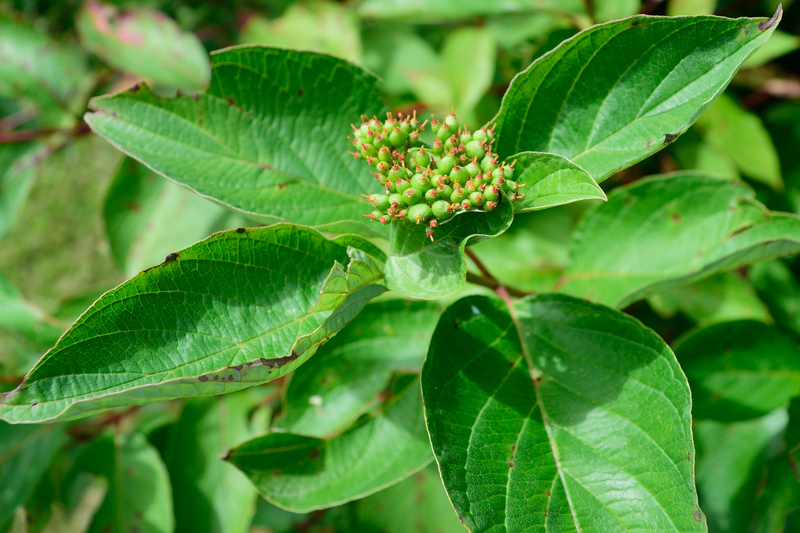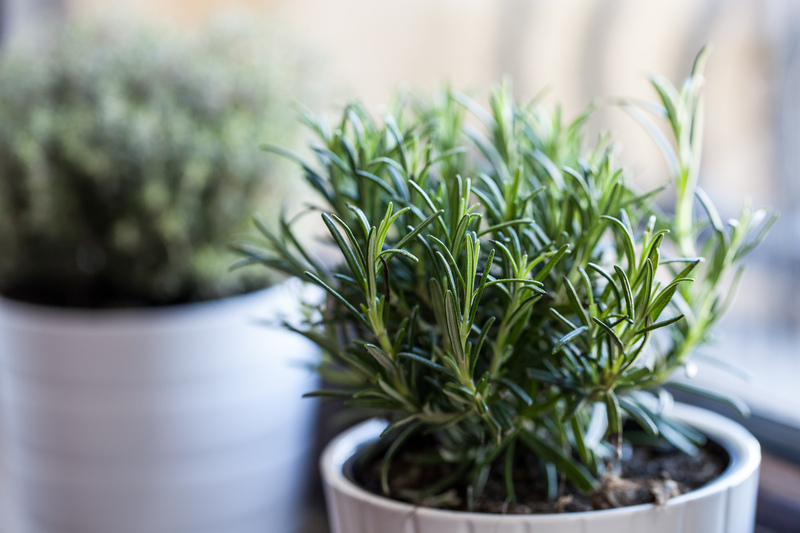Grow with Confidence: 9 Gardening Tips for Starters
Posted on 17/08/2025
Grow with Confidence: 9 Gardening Tips for Starters
Gardening is more than a hobby; it is a journey that nurtures both the mind and spirit. If you are a beginner gardener--or a homeowner looking to cultivate your green thumb--starting your first garden can feel daunting. But with the right tips, you can grow your garden with confidence and transform any space into a lush paradise. In this comprehensive guide, you'll discover 9 essential gardening tips for beginners to help ensure your success from seeds to blooms.
1. Choose the Right Location for Your Garden
The foundation for a thriving garden begins with site selection. Before planting, observe your yard or patio and note where the sun is strongest and where shade tends to linger. Most edible plants and flowers need at least 6-8 hours of direct sunlight daily.
- Sun-loving vegetables like tomatoes, peppers, and beans require full sun.
- Shade-friendly plants such as ferns and hostas thrive with less direct light.
- Take note of wind exposure and water accessibility.
Gardening for starters is easier when you begin with a space suited to the plants you want to grow.

2. Start Small for Big Success
When you're excited to start, it's tempting to plant an ambitious, sprawling garden. But starting small lets you learn without feeling overwhelmed. Consider a raised bed, a few large containers, or a plot of 4x4 feet.
- Focus on 3-5 types of vegetables, herbs, or flowers at first.
- Choose plants that are easy to grow and resistant to pests.
- Gradually expand your gardening efforts as your skills and confidence increase.
Remember, a small, well-tended garden is more rewarding--and manageable--than a large, neglected one.
3. Know Your Soil: Testing and Amending
Understanding your soil is crucial to cultivating a healthy garden. Soil provides essential nutrients, retains water, and supports plant roots.
- Test your soil's pH and fertility with an inexpensive soil test kit from your local garden center.
- Most vegetables thrive in soil with a pH of 6.0-7.0.
- Improve your soil with organic matter like compost, aged manure, or leaf mold. Healthy soil is the bedrock of any confident gardener's success!
Pro tip: Soil structure matters as much as fertility--avoid compacted, heavy clay if possible, or amend it by mixing in sand and compost.
4. Select the Right Plants for Your Region
A key to gardening confidence is choosing plants that will thrive in your area. Each plant has specific requirements for temperature, moisture, and season length.
- Research your USDA Hardiness Zone and select plants accordingly.
- Native plants are often easier to grow and more resistant to local pests and diseases.
- Visit local nurseries for advice on beginner-friendly plants.
Example: In cooler climates, lettuce and peas do well, while in warmer regions, okra and sweet potatoes flourish.
5. Water Wisely
Proper watering is one of the most important gardening tips for beginners. Both overwatering and underwatering can harm plant growth.
- Water early in the morning to reduce evaporation and prevent disease.
- Test soil moisture by sticking your finger an inch into the soil; water if it feels dry.
- For most gardens, deep, infrequent watering is better than frequent, shallow watering.
- Mulch around plants to help soil retain moisture and suppress weeds.
Confident gardening is about observing your plants and adjusting your watering habits as needed.
6. Feed Your Plants for Better Growth
Just like people, plants need proper nutrition. If you want your garden to thrive, make sure soil nutrients are adequate.
- Use organic fertilizers such as compost, worm castings, or composted manure.
- Follow package directions to avoid over-fertilizing, which can burn plants.
- Feed at key growth stages--when planting, before flowering, and when fruiting begins.
Healthy, well-fed plants are more productive and resilient--helping you grow your garden confidently.
7. Practice Smart Pest and Disease Control
A thriving garden can attract unwanted pests and diseases. Beginner gardeners should focus on prevention and early intervention.
- Regularly inspect plants for signs of trouble--holes, discoloration, wilted leaves, or visible bugs.
- Encourage beneficial insects like ladybugs and lacewings, which eat harmful pests.
- Remove damaged leaves or diseased plants promptly.
- If necessary, use organic solutions like neem oil or insecticidal soap.
Mastering pest control is a major milestone in your gardening journey--keep learning as you grow with experience!
8. Stay Consistent with Maintenance
The secret to confident gardening? Consistency. Make a habit of checking your garden every day, even if just for a few minutes.
- Pull weeds as soon as they appear before they spread.
- Prune dead or damaged growth to encourage more blooms and fruit.
- Monitor for changes in plant health and adjust care as needed.
- Keep a gardening journal to track what works and what doesn't.
Small, regular actions are easier and far more effective than infrequent, intensive work.
9. Enjoy the Process and Keep Learning
Gardening is a lifelong learning experience. Whether you're sowing your first seeds or expanding your vegetable beds, gardening confidence grows with each season.
- Celebrate small successes--your first sprout, bloom, or harvest.
- Join local gardening clubs or online forums for support and advice.
- Read books, watch instructional videos, and learn from your mistakes.
- Experiment with new plants and techniques every year--your garden will thank you!
Growing with confidence means embracing challenges and being open to discovery. The rewards--a vibrant garden and a sense of accomplishment--are worth every effort.
Bonus Tips: Essential Tools for Beginner Gardeners
Having the right tools can make your gardening journey smoother and more enjoyable. Consider starting with these basics:
- Gloves to protect your hands
- Hand trowel for planting and transplanting
- Watering can or hose
- Pruners or scissors for trimming
- Garden fork for soil aeration
- Rake for cleanup and soil prep
Invest in quality tools--they last longer and make daily gardening easier.

Common Mistakes New Gardeners Should Avoid
- Overcrowding plants--give each plant space to grow.
- Ignoring soil quality--don't skip testing or amending.
- Overwatering or underwatering--learn to gauge your plant's needs.
- Skipping regular maintenance--consistency is key!
By sidestepping these common pitfalls, you strengthen your foundation as a confident gardener.
Conclusion: Start Growing with Confidence Today
Embarking on your first gardening adventure can seem intimidating, but with the right guidance, it becomes a truly rewarding pursuit. Following these nine gardening tips for starters helps you develop the skills and mindset needed to grow your garden with confidence. Remember: every gardener started as a beginner, and the journey is as beautiful as the destination.
Ready to get started? Grab your seeds, roll up your sleeves, and watch your garden--and your confidence--flourish!
Latest Posts
Botanical Elegance: Classic Hedge Trimming Shapes and Techniques
Embarking on a Garden Makeover Adventure
Building a Wind-Defensive Garden Retreat

